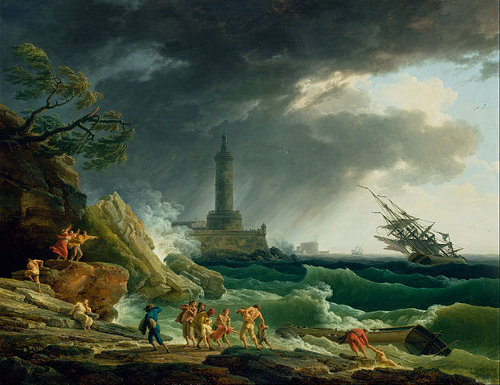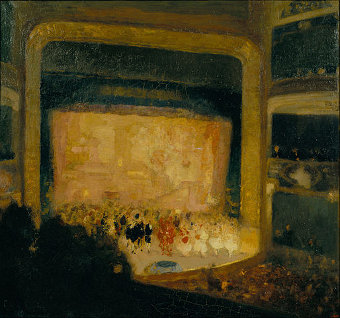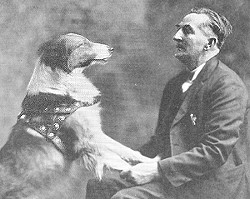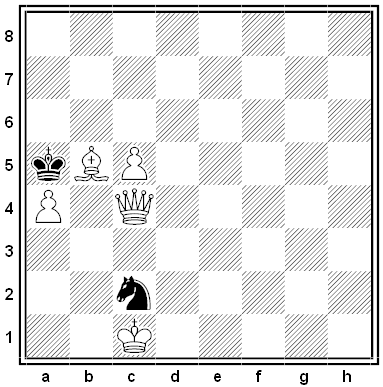
In 1859, Irish priest Edward James Cordner reflected that most strandings of sailing vessels occurred on a lee shore; that is, the wind was blowing inland from the vessel’s location. This gave him an inspired idea: If the ship carried a selection of kites, these could be attached one to another and payed out until they sailed steadily over the land, and the line might then support a sort of gondola that could ferry crew and cargo to safety.
When a sufficient power of elevation and traction has been attained, a light boat of basketwork or other material, capable of containing one or more persons, is attached to the suspending rope of the last kite, more rope is then veered away and the light boat with its cargo will eventually reach the land without any chance of its being submerged in the sea, no matter how great may be the elevation of the waves.
It’s not known whether Cordner’s idea was ever adopted, but he does seem to have tried it out: In his 1894 Progress in Flying Machines, Octave Chanute reports that “it was tested by transporting a number of persons purposely assembled on a rock off the Irish coast, one at a time, through the air to the main land, quite above the waves, and it was claimed that the invention of thus superposing kites so as to obtain great tractive power was applicable to various other purposes, such as towing vessels, etc.”





